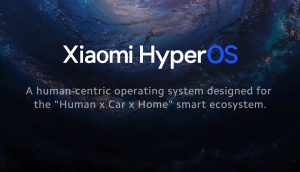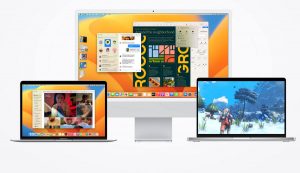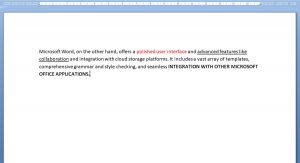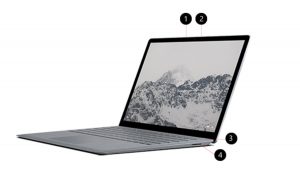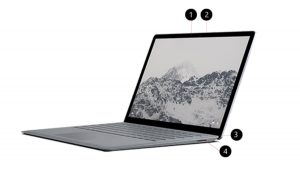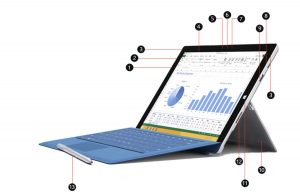Exploring the Power of Linux: A Versatile Operating System

Linux, an open-source operating system, has emerged as a versatile and powerful alternative to traditional operating systems. With its robustness, flexibility, and passionate community of developers, Linux has gained popularity across various domains. In this article, we will delve into the world of Linux, its unique features, and how people are leveraging its capabilities. Furthermore, we will draw a brief comparison with the widely used Windows operating system to highlight the distinct advantages of Linux.
Customization and Flexibility: Tailor-Made for Users
One of the most significant advantages of Linux is its unparalleled customization and flexibility. Unlike proprietary operating systems, Linux allows users to modify and personalize their systems to suit their preferences and requirements. With a wide range of customizable desktop environments and a vast repository of software packages, users can tailor their Linux experience to achieve optimal productivity and aesthetics.
Vast Software Repository: The Power of Package Managers
Linux distributions come with package managers, such as apt-get (used in Debian-based distributions) and yum (used in Red Hat-based distributions), which provide access to an extensive software repository. Users can effortlessly install, update, and remove software packages, ensuring a seamless experience and quick access to a vast array of applications, ranging from productivity tools to development environments and multimedia software.
Enhanced Security and Stability: A Fortress for Users
Linux has earned a reputation for its robust security features and stability. With its open-source nature, Linux benefits from a large community of developers who actively monitor, identify, and patch security vulnerabilities. Additionally, Linux’s UNIX-like design and strict file permissions system offer enhanced protection against malware and unauthorized access. The stability of Linux distributions makes them ideal for servers and mission-critical systems that require continuous uptime.
Command-Line Power: Unleashing the Terminal
Linux’s command-line interface, often referred to as the Terminal, offers unparalleled power and control to users. Seasoned Linux users can harness the command-line tools to automate tasks, perform complex system configurations, and gain deep insights into the inner workings of their operating system. The command-line interface enables users to execute commands quickly and efficiently, making Linux an attractive choice for developers, sysadmins, and power users.
Comparison to Windows: Advantages of Linux
While Windows enjoys wide usage, Linux provides several advantages that make it a compelling alternative:
- Cost and Licensing: Linux is open-source and free to use, providing users with significant cost savings compared to Windows, which requires licensing fees.
- Customization: Linux offers unmatched customization options, allowing users to tailor their system to their specific needs. Windows, on the other hand, has limited customization capabilities.
- Security and Stability: Linux’s security track record is renowned, with its open-source nature enabling swift vulnerability fixes. Windows, despite improvements, is still more susceptible to security breaches.
- Software Ecosystem: While Windows enjoys a vast range of software applications, Linux has a robust ecosystem and an ever-expanding catalog of open-source software, providing users with diverse options.
Conclusion
Linux, with its customization options, security features, and vast software ecosystem, has carved a niche for itself in the computing world. Whether used by developers, enthusiasts, or organizations, Linux offers a versatile platform that empowers users to unleash their creativity and maximize their productivity. While Windows remains dominant in the market, Linux stands as a powerful alternative, providing users with the freedom to shape their computing experience to their liking. As the Linux community continues to innovate and improve the operating system, its prominence is only set to grow, fostering a vibrant and dynamic ecosystem of users and developers.
